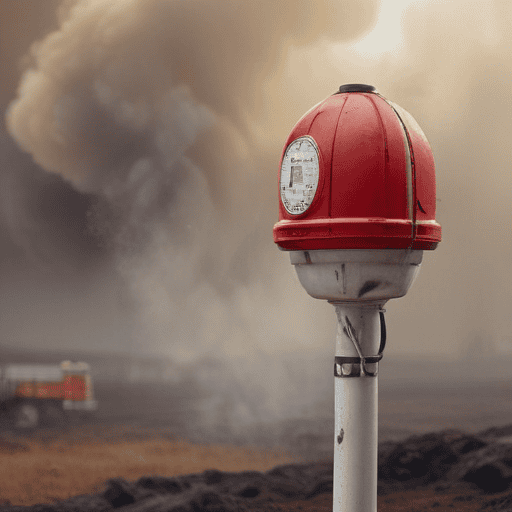The National Fire Authority (NFA) has attributed the difficulties faced during a recent fire incident in Kalabu, Nasinu, to delayed reporting from bystanders. According to NFA’s CEO, Puamau Sowane, rather than alerting emergency services, many witnesses opted to record the fire, which hampered the response time. Sowane clarified that although the fire team arrived on site promptly, they encountered significant difficulties due to low water pressure in the area, which hindered firefighting efforts.
In emphasizing the urgency of timely reporting, Sowane reiterated the importance of utilizing the emergency hotline 910 for fire notifications, as the NFA does not monitor social media for incident reports during working hours. He stated, “Our firefighters are the best in the South Pacific and the region,” and assured that they are well-trained, knowing the locations of fire hydrants and conducting weekly tests.
The issue of low water pressure has been a recurring challenge for emergency services, as evidenced by previous fire incidents, including one on New Year’s Day in Waiqele, Labasa. That particular incident saw a home destroyed while the homeowners were abroad, underscoring once again the critical need for adequate firefighting resources in both urban and rural areas.
In both events, the fight against the flames was complicated by insufficient water supply. Mr. Sowane noted that during the Kalabu blaze, the fire trucks could not achieve the required water discharge rate of 1,000 liters per minute, instead only drawing 100 to 200 liters per minute due to low pressure. The truck carries approximately 3,000 liters of water, which can be depleted in about three minutes, and the team had to collaborate with the Water Authority of Fiji (WAF) to enhance water supply to the affected hydrants.
Sowane has urged the public to prioritize timely reporting of emergencies, emphasizing that swift communication is vital in saving lives and property. “This is a reminder to call 910 during emergencies,” he said.
The urgency surrounding this issue reminds us that community involvement is essential in fire safety and response. By fostering better communication and awareness around reporting incidents, residents can play a significant role in improving emergency response times and ensuring the safety and preservation of lives and property in their neighborhoods.
In summary, the recent challenges faced by the NFA highlight not only the critical importance of timely reporting in emergencies but also the ongoing need for improvements in fire safety infrastructure. Such enhancements can have far-reaching benefits, illustrating the resilience and proactive spirit the community can embody in safeguarding against future incidents.

Leave a comment